- Overview
- Causes, Risks & Prevention
- Symptoms & Types
- Tests & Diagnosis
- Your Cancer Care Team
- Treatment & Side Effects
- Treatment Support
- Living With
- Remission & Recurrence
- Support & Resources
- Appointment Prep
- View Full Guide
10 Things Not to Eat After Bowel Resection


Your Diet Can Help You Heal
A bowel resection, also called a colectomy, is an operation to remove part of the large intestine that’s blocked or diseased. After your surgery, you may told what you can and can’t eat. Some foods can irritate your intestine or make side effects from surgery worse. Here are guidelines on what to avoid and how your diet should change for a while after surgery.
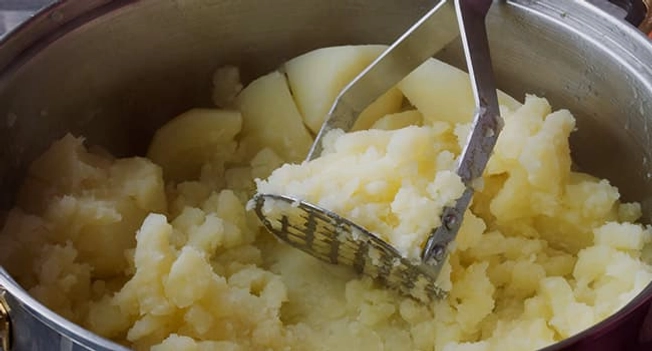
Avoid Chewy or Crunchy
You should be able to drink fluids soon after a bowel resection. A few days later, you can start to eat real food. Your doctor may tell you to start with soft foods like cooked vegetables, bananas, avocados, mashed potatoes, and tender proteins. Your intestines may be swollen after surgery, and these foods will travel through them more easily.
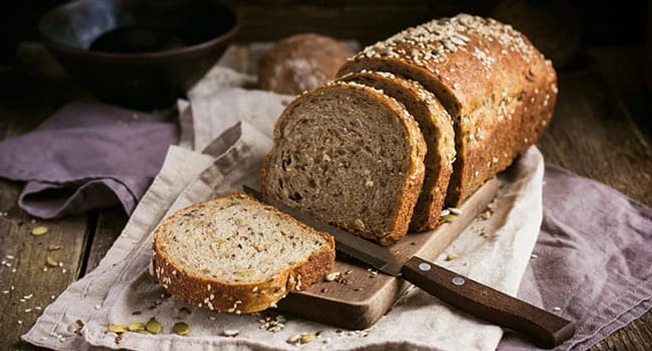
Limit Fiber
Your stomach doesn’t fully digest high-fiber foods like whole-grain bread and cereals. They go to the large intestine and are taken care of there. Your large intestine is healing, so don’t make it work too hard. A low-fiber diet (your doctor may call it “low-residue”) for 4 to 6 weeks can help.
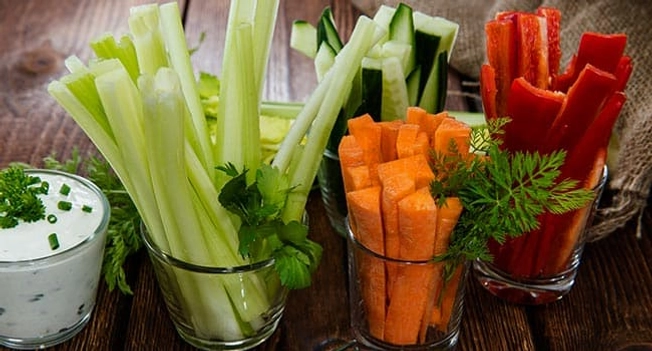
Take a Break From Raw Produce
Uncooked fruits and vegetables are high in fiber. They can be crunchy (like carrots) or stringy (like celery) and hard to chew into small pieces. They might have tough skins (like apples) or seeds that are hard to digest. All of this can irritate your large intestine as it heals. Avoid these foods for a few weeks as you recover, then slowly add them back into your diet.
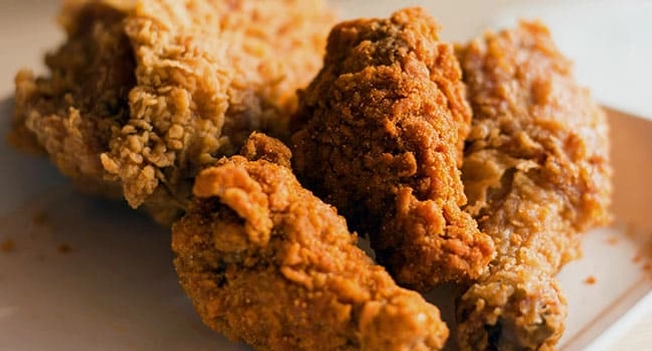
Avoid Fats and Grease
It’s common to have diarrhea after a bowel resection. Because your large intestine is suddenly shorter, digested food doesn’t have as far to travel (or as much time to form into solid stools) before it leaves your body. Some things can make diarrhea worse:
- Fatty meats
- Butter and cream
- Fried foods
- Greasy snacks like potato chips
The diarrhea will usually go away after a few weeks. Then you can enjoy these foods again from time to time.
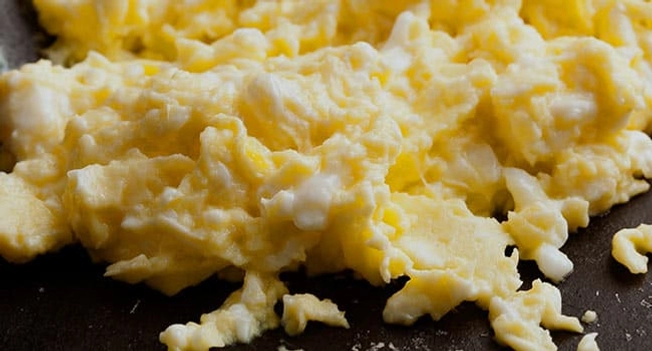
Bland Is Better
Spicy foods can irritate your digestive system and cause diarrhea or uncomfortable bloating -- especially as your intestine heals. Your doctor may suggest a bland diet for a few weeks after surgery. And it isn’t just “hot” stuff you need to watch out for. Herbs and spices with rough textures -- like chopped rosemary, crushed peppercorns, or caraway seeds -- can also cause problems.
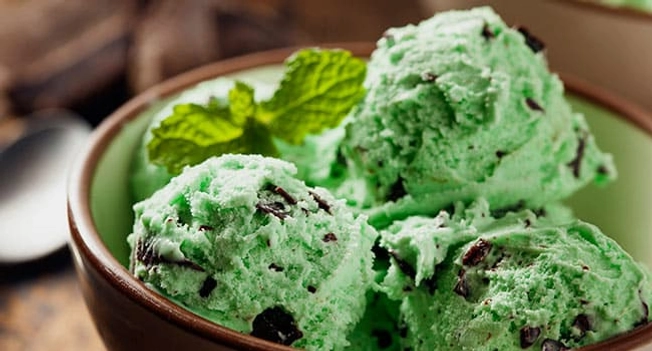
Beware of Beans and Dairy
There’s a type of sugar in beans that isn’t easy for your body to digest. So you might have gas or feel bloated after you eat them. You may also have trouble with lactose, a sugar found in milk and other dairy products. Gas is a normal part of digestion, but while you’re healing from bowel surgery it can be uncomfortable or even painful.
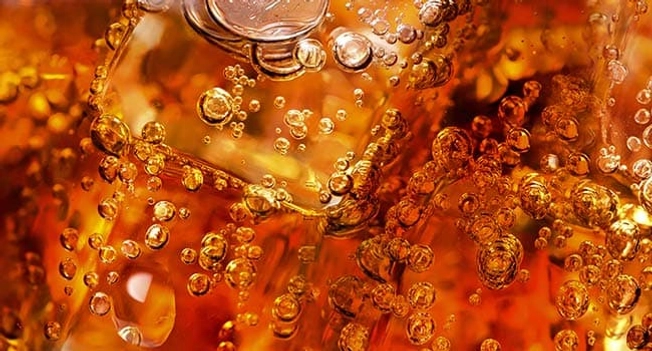
Take a Break From Coffee and Soda
Caffeine, which can be found in both these drinks, is a stimulant. That means it speeds up activity in your body -- including the intestines. Drinks made with sugar or artificial sweeteners can also bring on diarrhea. The bubbles in soda may cause gas and bloating. It’s important to stay hydrated after surgery, but water (or a special rehydration drink) is a smarter choice.
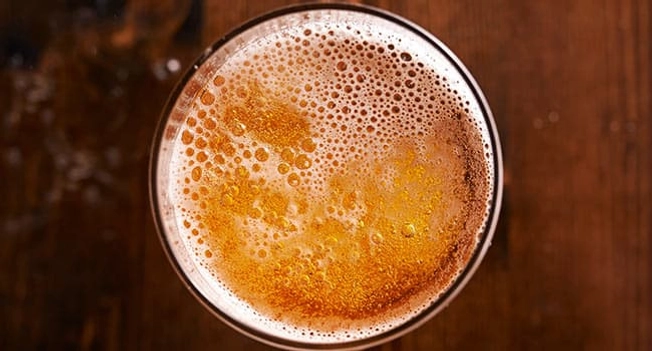
Lay Off the Booze
Alcohol can stimulate your intestines and cause more frequent bowel movements. Avoid it until your digestion is back to normal. Plus, most doctors say not to drink alcohol after any type of surgery. It can interfere with your pain meds and slow the healing process.
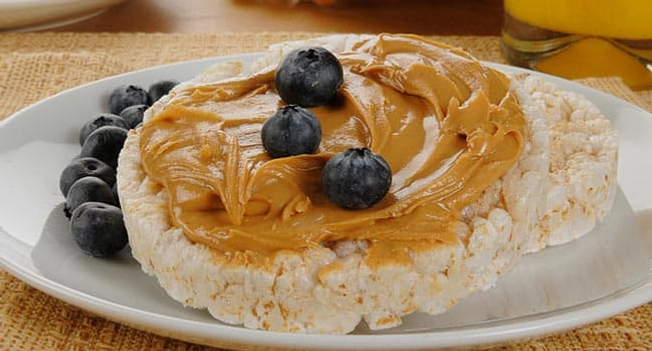
Break Up Big Meals
When you start to eat solid foods again, you may get full faster than before. Try to have several small meals throughout the day instead of three large ones. You’ll digest them easier, and they’ll be less likely to cause gas or bloating. Eat slowly and to chew each bite fully -- to a mashed-potato texture -- before you swallow.
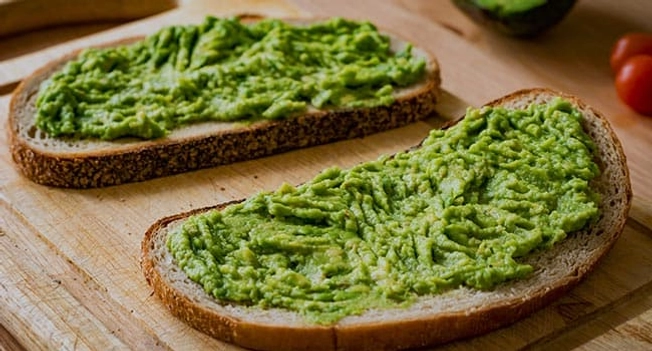
Get Back to Normal Slowly
Once your digestion is better, you can start to go back to a normal diet. Add one new food a day, one serving at a time, so you can learn how your body reacts to each one. That’ll also help your intestines slowly adjust to digesting more high-fiber foods like fruits, vegetables, and whole grains. Drink plenty of water so you don’t get constipated.
IMAGES PROVIDED BY:
1) Getty
2) Thinkstock
3) Thinkstock
4) Thinkstock
5) Thinkstock
6) Thinkstock
7) Thinkstock
8) Thinkstock
9) Thinkstock
10) Thinkstock
11) Thinkstock
SOURCES:
University of California San Francisco: “Colectomy.”
The Permanente Medical Group: “Patient Handbook for Colectomy.”
The University of Chicago Medicine: “Frequently Asked Questions About Colectomy.”
James Marion, MD; director of education and outreach, Susan and Leonard Feinstein Inflammatory Bowel Disease Clinical Center, Mount Sinai Hospital.
Mayo Clinic: “Low-Fiber Diet.”
National Institute of Diabetes and Digestive and Kidney Diseases: “What I need to know about Diarrhea.”
University of Southern California Keck School of Medicine: “Patient Frequently Asked Questions.”
Scripps Health: “Bland Diet.”
Cleveland Clinic: “Eating Right and Avoiding Dehydration after Bowel Surgery.”
The University of Chicago Medicine: “After You Leave the Hospital.”
Massachusetts General Hospital: “Colon Cancer Surgery and Recovery: A Guide for Patients and Families.”